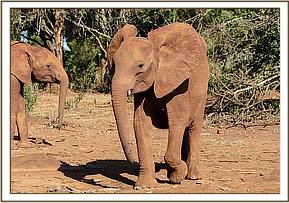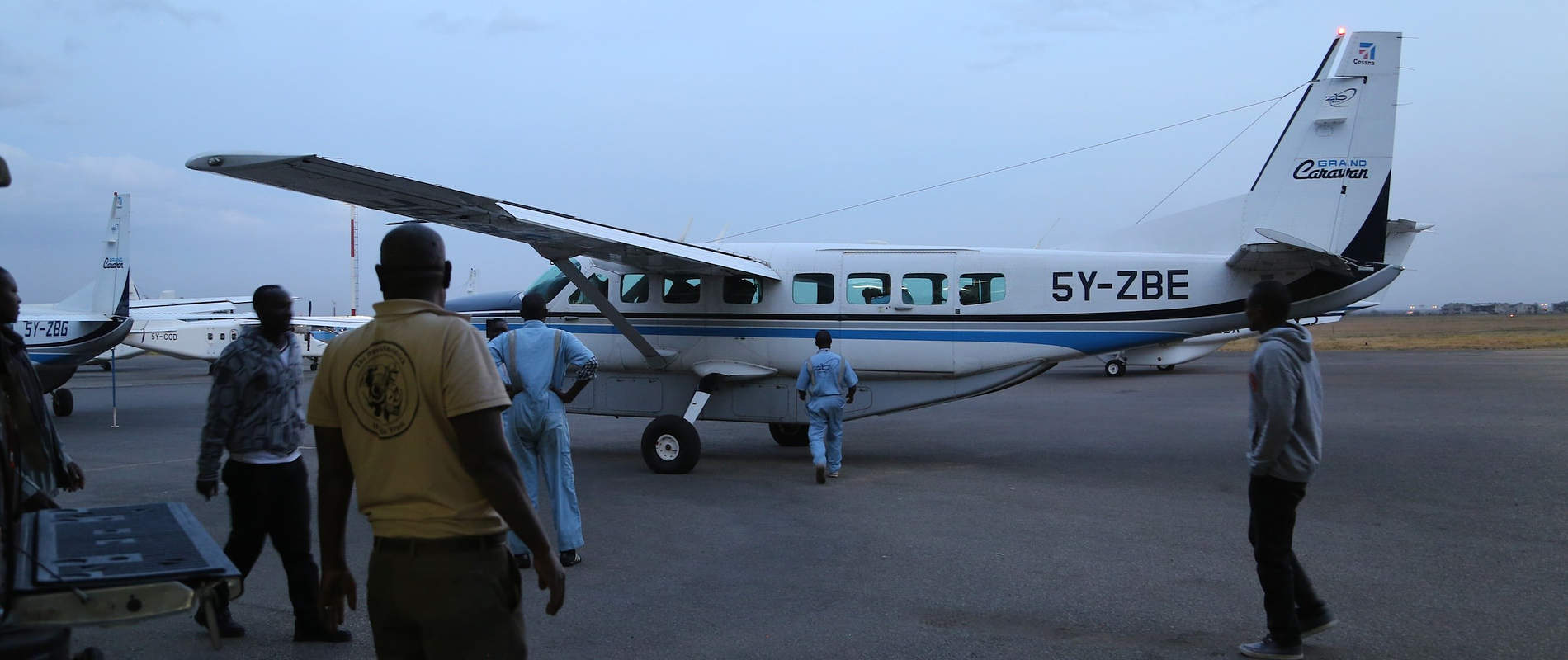On the 25th of October, during the height of the drought in Tsavo, it was reported to KWS and also to the DSWT Voi based teams, that a female elephant calf was in dire circumstances and was weak and standing under a tree on Rukinga ranch
On the 25th of October, during the height of the drought in Tsavo, it was reported to KWS and also to the DSWT Voi based teams, that a female elephant calf was in dire circumstances and was weak and standing under a tree on Rukinga ranch.
Rukinga is one of the many ranches adjacent to Tsavo East National Park, and is a vital dry season range for Tsavo’s elephants. The management of the ranch had observed the female calf for three days, hoping that she would assimilate back into a wild herd and move off with them.
However, she remained there without food or water and it became evident that she was doomed to die unless rescued. Trevor Jennings of the DSWT along with one of our anti-poaching teams, some KWS rangers and our Voi Elephant Keepers drove the 45-minute journey to undertake the rescue of this calf who was estimated to be around two and a half years of age.
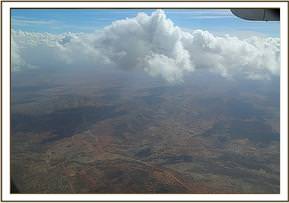
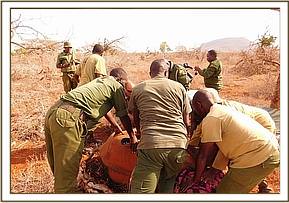

In the meantime, Angela Sheldrick was contacted, and preparations were made to fly the calf to the DSWT Nairobi Nursery as it was clear that she would need intensive care given her precarious state. She was a large calf, with tusks one inch long, but severely weakened and emaciated from the drought, so she put up little resistance. The ground team did not have to wait long before the plane landed on the dusty Rukinga airstrip, the calf by now recumbent in the back of a Landcruiser; it required many able-bodied men to heave her out of the vehicle and load her into the aircraft, with both Rukinga staff and scouts all involved in this exercise. She was immediately placed on intravenous lifesaving drip for the duration of the flight and the drive to the Nursery based in Nairobi National Park.
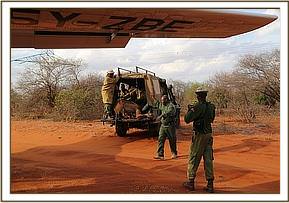
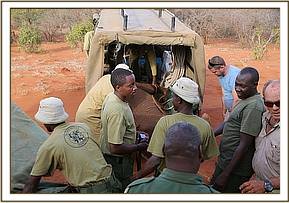
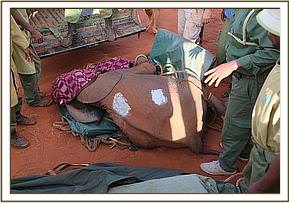
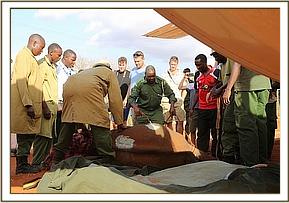
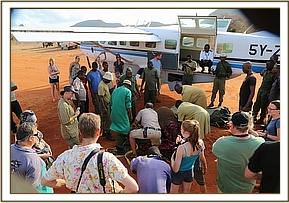

By the time she arrived at the Nursery It was 8 p.m at night. She was placed into a large taming stockade next to Dupotto, and given medication before being lifted to her feet. All the other resident orphans were all communicating with her from their night stockades and this calmed her enormously. Her stockade had been filled with green vegetation and she was fed oral rehydration salts, as well as taking a bottle of milk.
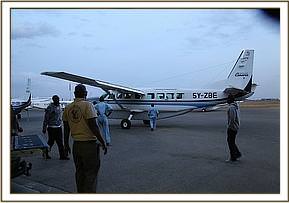

However, the next day when some strength had returned she was aggressive and full of fight which inhibited any further milk intake, but she fed on the cut browse and continued to drink water laced with dehydration salts. After 48 hours, however, she collapsed which is not unusual when dealing with starvation cases. IV drips were required to revive her and return some strength.
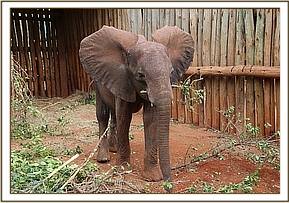
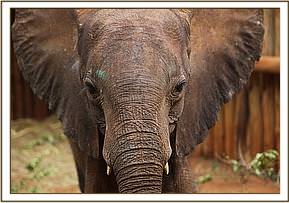

We named her “Ukame”, the Swahili word denoting drought - a very lucky little elephant to have been found and saved in time at the end of a brutally dry season, with many others before her, sadly less fortunate. It is likely that she was abandoned by her herd simply because she no longer had the strength to cover the distances required to access food and water, and the entire herd had mere survival as a priority, their fate reliant on being able to cover the distance to access both food and water to sustain them.
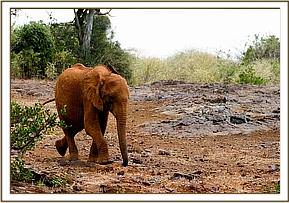
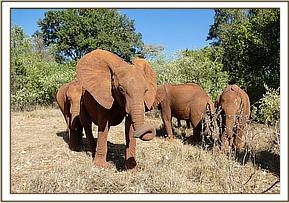
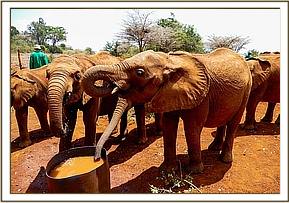

Over the weeks “Ukame” recovered and was eventually strong enough to join the other orphans out in the Nairobi National Park forest. She is a gentle and loving little elephant who has found happiness again amidst her new adopted family, and being one of the older females in the herd, she has taken to tending to those younger than herself, benefiting from their reciprocal affection and love which has helped her psychological healing.
